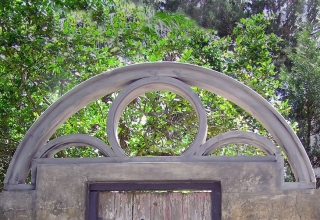
One morning on my surgery clerkship, I went in to visit a patient I had been caring for the last few days. He had recently been told that the surgery he needed to leave the hospital had been postponed, meaning he had spent the last 48 hours in an uncomfortable hospital bed, missing time with his wife and children for nothing. He was upset and frustrated.
As I walked in the room, his abrasive tone caught me off guard. “Are you here to tell me I’m not going home today either? Staying another day?”
I wanted to defend our decision and tell him why it was the right call to postpone his surgery. But, as Maggi has taught me to do, I paused and asked myself if that’s what he was really asking.
“What’s bothering you?” I asked, as I sat down next to his bed. “What else is going on?”
My question disarmed him. His eyebrows relaxed, his shoulders dropped, and his stare lightened.
He was tired, frustrated and felt like he didn’t have much control over what was happening in his medical care. No one was asking him what he thought, only telling him what would happen.
“Deep down, I know it was the right call to hold off on surgery. I appreciate you listening,” he said.
Before I left, he confessed how hungry and sick of hospital food he was. I found his nurse and we snuck him a candy bar. I can still remember that sigh of satisfaction when he took his first bite.
I texted Maggi, bursting with pride about how I had applied her coaching, and she replied, asking, “This is what it’s about, yes?”
“Yup. It is,” I responded. “He feels better. I feel great. And all it took was for me to take a second and ask myself, ‘Does he really want to know only that?’ Just a brief pause before giving a reflexive response. Just enough time to ask myself, ‘what else?’”
As I walked home that evening, I reflected on how coaching had helped me manage the tensions I had previously found unmanageable. But, there was something more. In the process of working with Maggi, in the hours during which she helped me look inside myself, she had taught me being a good doctor, a good leader, and a good person involves challenging our reactions, stepping out from behind the safety of judgment and always being willing to ask, “what else?”
In the process, she made sure I always had the tools to peer beneath the surface of the people I engage with and find the shared humanity that exists within us all. The shared humanity that first brought me to medicine. The shared humanity I was so scared to lose sight of.
Download Article 1K Club



















Margaret Cary
March 21, 2018 at 12:59 pm
Jack – thank you for your heartfelt writing on your journey together. I have learned at least as much from you as you have learned from me.